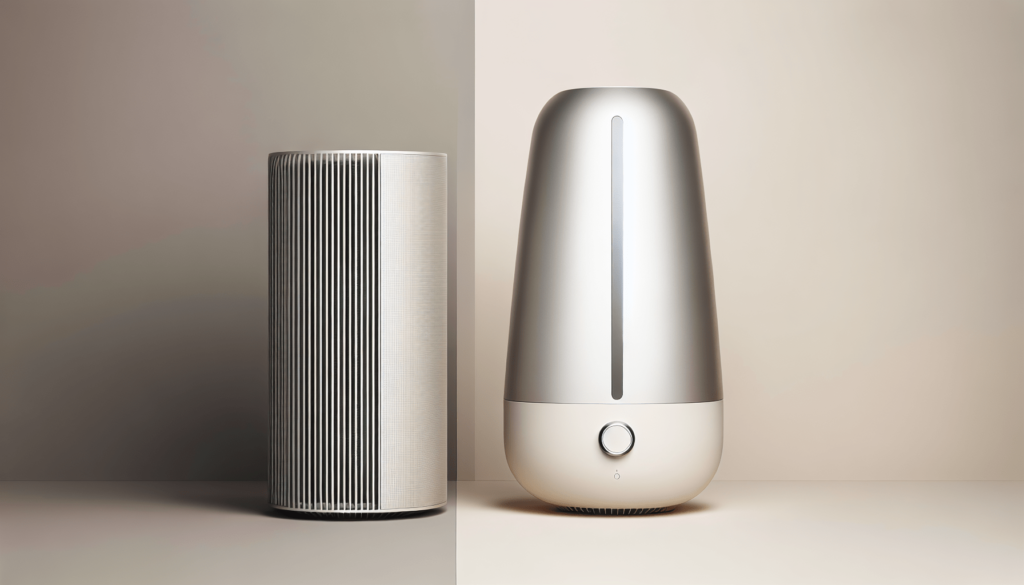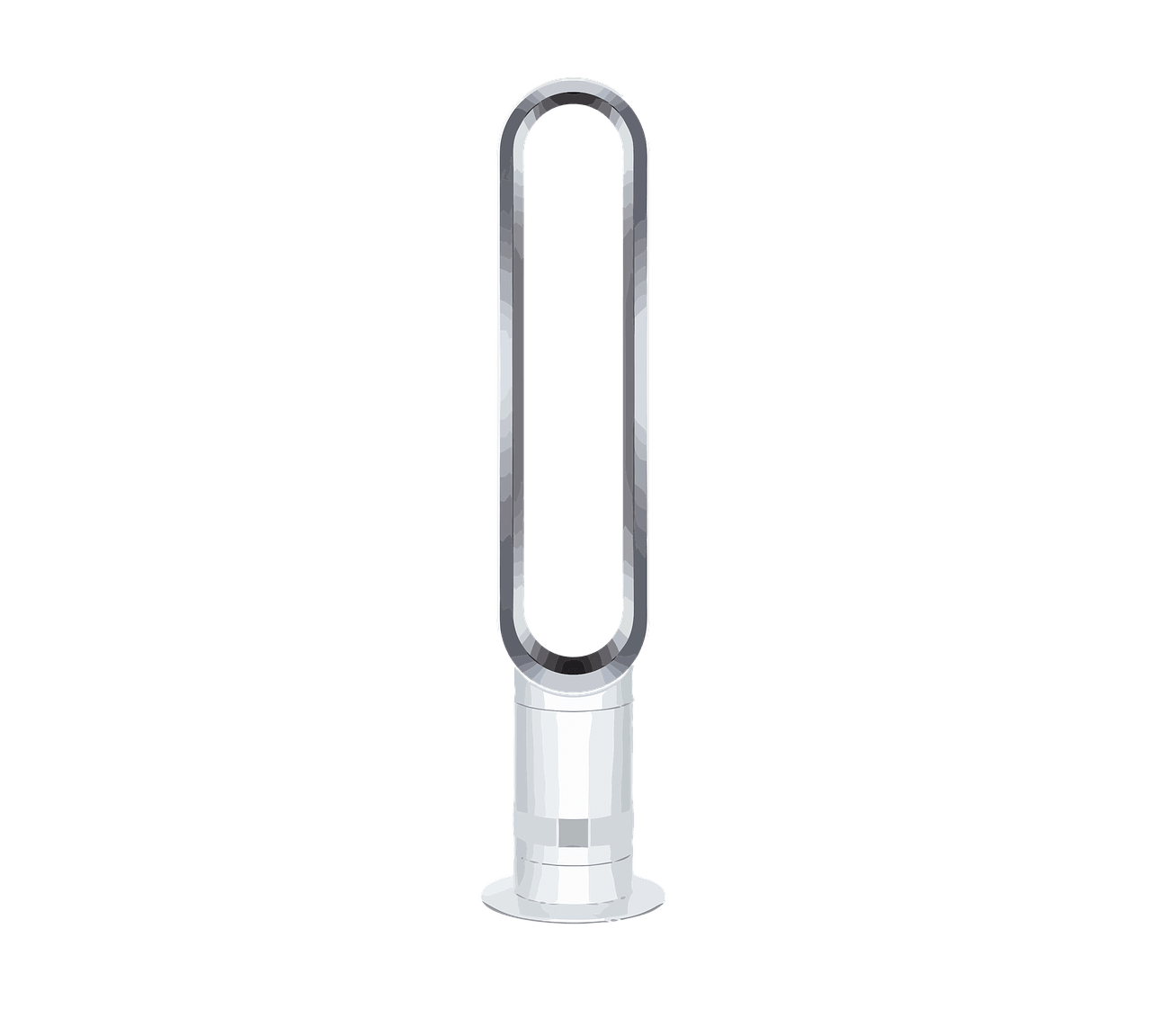Welcome to the debate of whether a humidifier or an air purifier is better for relieving allergies. With both devices claiming to improve air quality and reduce allergens, it can be confusing to determine which one is more effective for your specific needs. In this article, we will explore the differences between humidifiers and air purifiers, as well as their benefits and drawbacks, so you can make an informed decision on how to combat your allergies and create a healthier indoor environment.
What Is Better For Allergies: Humidifier Or Air Purifier
Have you ever wondered what would be the best solution to alleviate your allergy symptoms – a humidifier or an air purifier? In this article, we will explore the benefits and drawbacks of both options to help you make an informed decision on what is better for allergies – a humidifier or an air purifier.

Understanding Allergies
Before we delve into the discussion of humidifiers and air purifiers, let’s take a moment to understand what allergies are. Allergies are the body’s immune system overreacting to harmless substances in the environment such as pollen, dust mites, pet dander, and mold. This hypersensitive reaction can lead to symptoms like sneezing, congestion, coughing, itchy eyes, and skin rashes.
Humidifier for Allergies
A humidifier is a device that adds moisture to the air in your home, which can be beneficial for allergies in certain situations. Dry air can exacerbate allergy symptoms by irritating the nasal passages and throat, making it easier for allergens to enter the body. Using a humidifier can help alleviate these symptoms by keeping the air moist and reducing irritation.
Types of Humidifiers
There are several types of humidifiers available on the market, each with its own set of pros and cons. Here is a brief overview of the most common types of humidifiers:
| Type of Humidifier | Pros | Cons |
|---|---|---|
| Cool Mist | Safer for children and pets | Requires regular cleaning |
| Warm Mist | Can help soothe respiratory issues | More expensive to operate |
| Ultrasonic | Quiet operation | Higher risk of bacterial growth |
Benefits of Using a Humidifier for Allergies
- Moisturizes Air: By adding moisture to the air, a humidifier can help soothe irritated nasal passages and throat, reducing allergic reactions.
- Helps with Dry Skin: Dry air can worsen skin conditions like eczema, and a humidifier can help keep the skin hydrated, reducing symptoms.
- Reduces Static Electricity: Dry air can lead to an increase in static electricity, which can be irritating for allergies. A humidifier can help balance the air moisture levels.
Drawbacks of Using a Humidifier for Allergies
- Risk of Mold and Bacteria: If not cleaned properly, humidifiers can become breeding grounds for mold and bacteria, which can worsen allergies.
- Over-Humidification: Using a humidifier excessively or at high levels can lead to over-humidification, causing dampness and mold growth in your home.
Air Purifier for Allergies
An air purifier is a device that helps remove airborne allergens like pollen, dust mites, pet dander, and mold spores from the air in your home. Air purifiers work by circulating the air through a series of filters that trap and remove particles, improving indoor air quality.
Types of Air Purifiers
There are several types of air purifiers with different filtration systems to target specific allergens. Here are the most common types of air purifiers:
| Type of Air Purifier | Filtration System | Suitable for Allergens |
|---|---|---|
| HEPA | High-Efficiency Particulate Air | Pollen, dust mites, pet dander |
| UV | Ultraviolet Light | Mold spores, bacteria |
| Ionizer | Electrically charged ions | Particles causing odors |
Benefits of Using an Air Purifier for Allergies
- Removes Allergens: Air purifiers effectively remove airborne allergens, reducing exposure and alleviating allergy symptoms.
- Improves Air Quality: By removing pollutants and allergens from the air, an air purifier helps improve indoor air quality, making it easier to breathe.
- Reduces Asthma Triggers: For individuals with asthma, an air purifier can help reduce asthma triggers like dust mites and pet dander, improving respiratory health.
Drawbacks of Using an Air Purifier for Allergies
- Noise Levels: Some air purifiers can be noisy, especially at higher settings, which can be disruptive in quiet environments like bedrooms.
- Maintenance: Air purifiers require regular filter replacements to maintain effectiveness, which can add to the overall cost of ownership.
Humidifier vs. Air Purifier: Which Is Better for Allergies?
Now that we have explored the benefits and drawbacks of both humidifiers and air purifiers for allergies, the question remains – which is better for allergies, a humidifier or an air purifier?
Considerations for Choosing the Right Option
- Allergy Symptoms: If your allergies are primarily triggered by dry air and irritation, a humidifier may be more beneficial. If airborne allergens are the main cause of your symptoms, an air purifier would be a better choice.
- Indoor Air Quality: Assess the overall air quality in your home to determine if it would benefit more from added moisture or allergen removal.
- Budget and Maintenance: Consider the upfront cost, operational expenses, and maintenance requirements of both options before making a decision.
Combination Approach for Maximum Allergy Relief
For individuals with severe allergies, using both a humidifier and an air purifier together can provide maximum allergy relief. The humidifier can help keep the air moist and reduce irritation, while the air purifier can effectively remove allergens from the air, creating a healthier indoor environment.

Conclusion
In conclusion, the decision between a humidifier and an air purifier for allergies ultimately depends on your specific needs and preferences. Both options offer unique benefits for alleviating allergy symptoms, and choosing the right one or using a combination of both can significantly improve your quality of life. Consider your allergy triggers, indoor air quality, and budget limitations when deciding what is better for allergies – a humidifier or an air purifier.

